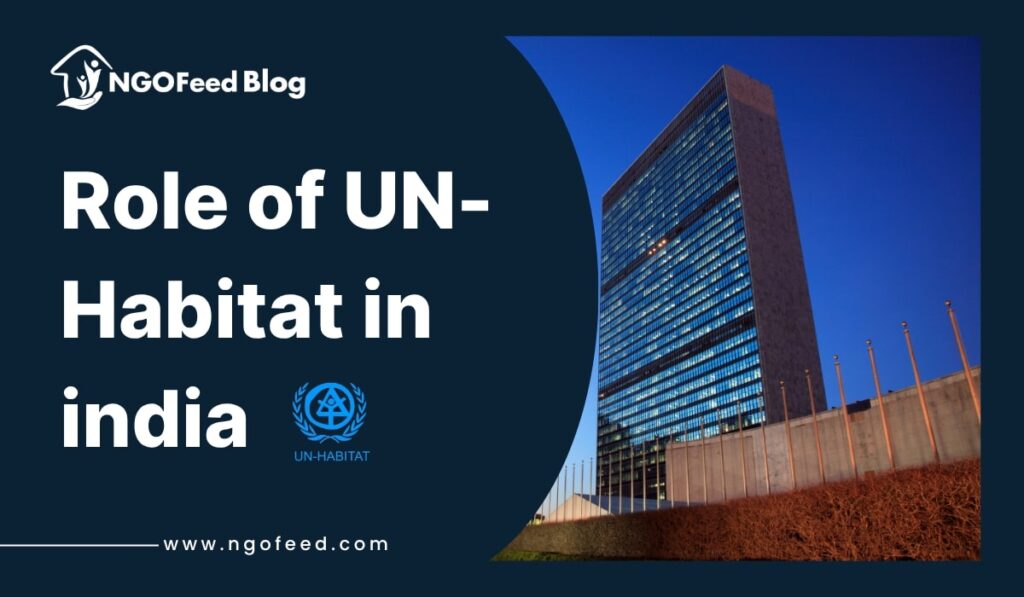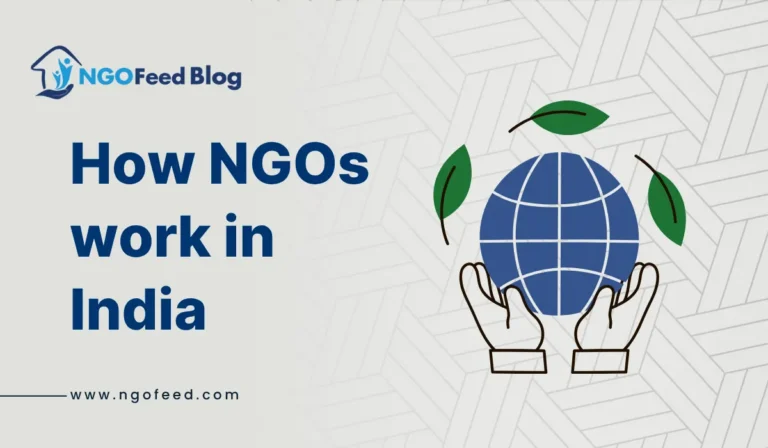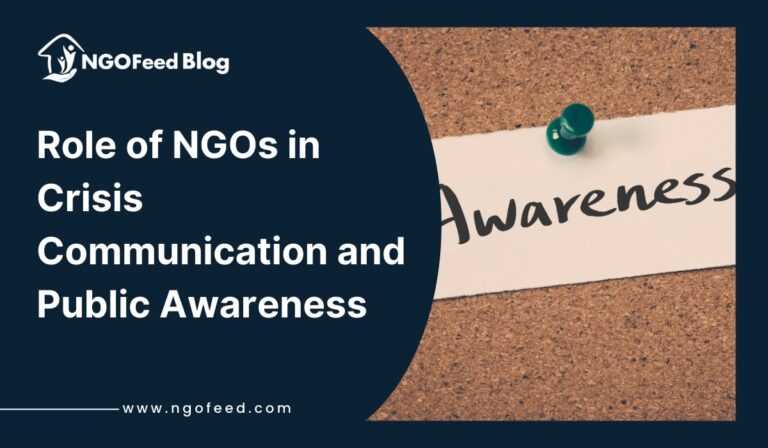Role of UN-Habitat in India: India is a country facing complex challenges that emerge due to the rapid urbanization process and the increase in population of urban residents who lack the income to afford housing or habitation in overcrowded and unsanitary conditions. To overcome these urban challenges, it will not be enough to provide infrastructure; planning should be inclusive, sustainable, and aimed at people. It is here that the United Nations Human Settlements Programme (UN-Habitat) is needed.
UN-Habitat is the UN’s top agency in promoting sustainable development in cities. It collaborates with governments, civil society and local communities to develop cities, socially inclusive, economically three-dimensional, environmentally sustainable and disaster resilient. In India, UN-Habitat works to facilitate and strengthen the efforts of the nation to attain SDG 11: Sustainable Cities and Communities, as well as associate with the national initiatives such as Smart Cities Mission, AMRUT and Housing for All.
UN-Habitat has worked with Indian ministries, municipalities and non-governmental organizations in areas including, but not limited to, slum upgrading and affordable housing, waste management, climate resiliency, and digital mapping of cities and integrating these activities into the local problems by providing international expertise to local urban problems. It is also central in capacity building, research and community outreach and input in shaping urban policies that will leave no one behind.
Also Read: Role of UNESCAP in India
It is important to know the role of UN-Habitat to NGOs like ours. It creates possibilities to collaborate, advocate and take to the streets, to make sure that no one is left behind in the development of cities.
Table of Contents
What is UN-Habitat and Its Global Mandate?
The UN-Habitat, or United Nations Human Settlements Programme, is the UN agency charged with the promotion of socially and environmentally sustainable towns and cities. It was founded in 1978; the headquarters of this organization are in Nairobi, Kenya.
The core mission of UN-Habitat is that every person, particularly the poor and the vulnerable, has access to safe, inclusive, resilient and sustainable human settlements.
Also Read: Role of UNWTO in Tourism
UN-Habitat in India – Global Mandate and Goals
UN-Habitat undertakes its operations worldwide to:
- Assist the countries in the achievement of Sustainable Development Goal 11 (SDG 11): Make cities and human settlements inclusive, safe, resilient, and sustainable.
- Encourage affordable housing, basic services and affordable city planning.
- Assist cities to be weatherproof and disaster-prepared.
- Make sure that the management of the urban growth is such that it lessens inequality and has an effect on the environment.
UN-Habitat in India – Important Areas of Focus
- Town planning and architecture
- Decent and Affordable housing
- Improvement of slum areas and shanty towns
- Disaster risk reduction and Urban climate action
- Governance and capacity building
UN-Habitat collaborates with national and local governments, non-governmental organizations, as well as communities. It introduces international skills, tools, and best practices to prepare cities in order to experience a better future, particularly in developing nations where urbanization is rapidly rising.
Also Read: Role of UNHRC in India
In India, an array of projects managed to grasp the world trend of trying to enhance the quality of life in cities with the objective of making them more inclusive and prepared to face the future.
What are the Key Initiatives of UN-Habitat in India?
UN-Habitat works to advance sustainable urban development in India alongside Central Ministries, State Governments, municipalities, and civil society organizations. Its work also contributes to national programs (e.g., Housing for All and Smart City Mission) and aligns with the UN Sustainable Development Goals, particularly SDG 11–Sustainable Cities and Communities.
Some of the priority actions implemented by UN-Habitat include:
1. Smart Cities and Urban Planning
Aiding the Government of India in implementing its Smart Cities Mission, through technical assistance supporting:
a) equitable city planning and urban design
b) data, mapping, and digital decision-making
c) participatory urban governance
2. Access to Affordable Housing and Slum Upgrading
Supporting the Government of India’s Housing for All and upgrading of informal settlements and access to basic services, such as water and sanitation, and housing.
Also Read: Role of WFP in India
3. Climate Change Resilience and Urban Sustainability
- Aiding cities to become climate resilient, focusing on urban centres in coastal regions and flood-prone areas.
- Designing comprehensive approaches to urban development relating to green infrastructure, water conservation, and energy efficiency.
4. Youth and Urban Innovation
- Pilot projects, like the Urban Youth Fund, are aimed at youth to facilitate urban innovation.
- Urban entrepreneurship to foster skills training opportunities for youth in marginalized communities.
5. Partnerships with Local Governments and NGOs
- Partnerships with NGOs in India to implement community-based solutions
- Assistance to local authorities with policy-making, capacity-building and training
These projects support UN-Habitat’s approach to building inclusive, equitable, and sustainable urban spaces in India, especially for the urban poor and marginalized populations.
Impact on Local Communities and Urban Governance
UN-Habitat’s engagement in India goes well beyond simply planning and policies – it directly impacts the quality of life of local communities, particularly those living in poverty or informal settlements. By assisting cities to adopt inclusive urban development processes, UN-Habitat ensures that the growth and fragmentation of cities benefit everyone people not just their privileged few.
Also Read: Role of UNAIDS in India
Access to Local Improvements
At its core, UN-Habitat’s work has made genuine, positive changes, benefiting local settlements, improving conditions, including:
- Informal upgrading of slums, such as improved housing and sanitation, and improved access to clean water.
- Community-led planning, whereby residents are allowed to play a role in planning their settlements.
- Offering bespoke skills training to men and women (especially youth), as well as access to digital skills education.
These spatial upgrades contribute to improving the livability, safety, and dignity of urban spaces for the most vulnerable.
Empowering better Urban Governance
- UN-Habitat works with city governments to improve:
- Urban planning processes (including digital tools and mapping)
- Capacity-building for local governments (training and sharing knowledge and skills).
- Participatory governance (working with citizens to have their voices heard, especially the urban poor).
Through improved governance, UN-Habitat is able to empower cities to be better places for people, including ensuring cities are more transparent, effective, and accountable; addressing serious challenges.
Long-Term Impacts
- Cities demonstrate increased resiliency to climate change and disasters
- Urban development is more inclusive and sustainable
- Local communities feel empowered and are involved in shaping their local environment
Also Read: Role of UNODC in India
Ultimately, UN-Habitat plays a vital role in making cities smart, just, and people-centred, setting the stage for long-term transformational change.
The Role of NGOs and Civil Society in Collaboration with UN-Habitat
Civil society organizations and NGOs particularly play a very crucial role towards supporting UN-Habitat to attain its mission in India. Whereas UN-Habitat would be associated with international experience and policy assistance, NGOs are connected with local expertise, grassroots access and community credibility- thereby providing implementation with greater effect, and inclusiveness.
The Importance of This Partnership
- NGOs are probably the first to recognize local requirements and urban issues, at least in low-income settlements and underserved sectors.
- They fill in the gap between communities and policymakers so that development plans can take into consideration actual concerns.
- NGOs are useful in assisting UN-Habitat to extend its services to marginalized communities such as women, children, migrants and urban poor.
Also Read: Role of UNEP in the Environment
The means through which NGOs coordinate with UN-Habitat
- Community-based urban planning: community-based urban planning and participatory mapping, and plans to engage residents in community-based planning.
- Capacity building and training: NGOs facilitate the workshops of the local leaders, women and youth organizations on issues such as sustainable housing, sanitation and climate resilience.
- Policy advocacy: The NGOs come together to support UN-Habitat in making inclusive urban policies at a local and national level.
- Monitoring and evaluation: NGOs also help to trace the impact of the urban development projects, both in terms of accountability.
Also Read: Role of NGO in Women Empowerment in India
Through collaboration, UN-Habitat and NGOs will be able to develop not only smart, but also sustainable, just, inclusive, and community-driven cities. This partnership is outlined to change the urban future of India, one neighbourhood at a time.









